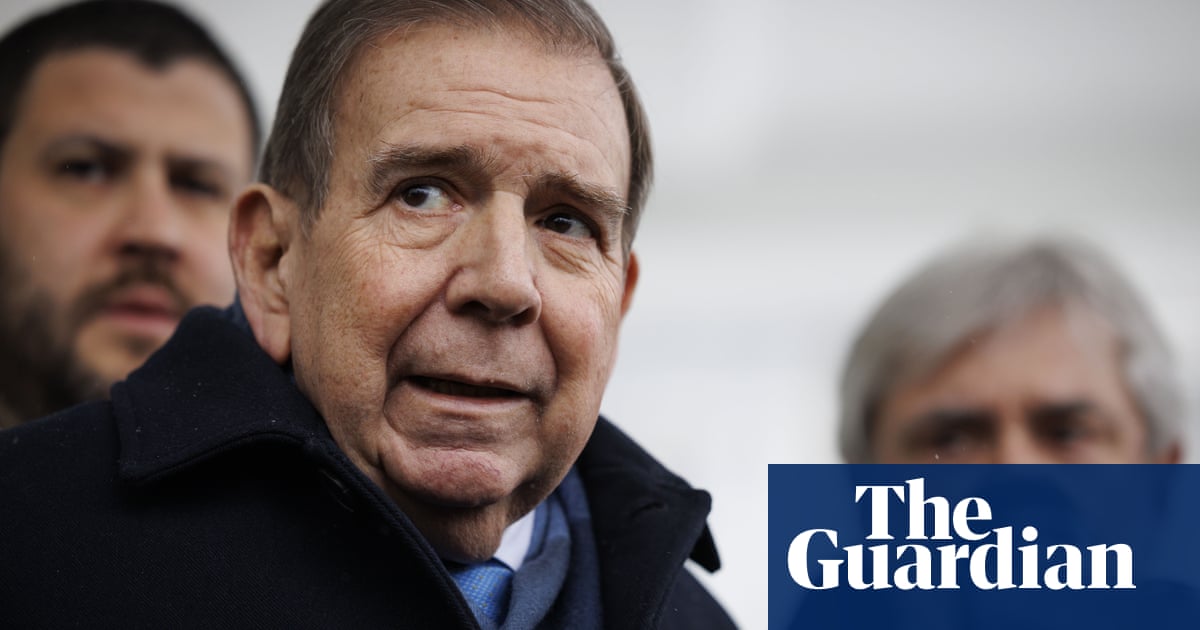Labour has thrown down an immediate challenge to the new Tory leader, Kemi Badenoch, to back Rachel Reeves’s budget plans for big increases in tax, spending and borrowing, as a huge political divide threatened to open up over economic policy and the future of public services.
All the main party leaders congratulated Badenoch on Saturday on becoming the first black leader of a main UK party after she stormed to victory over former immigration minister Robert Jenrick with 56.5% of the vote among Conservative party members.
Badenoch, 44, the daughter of Nigerian parents, is the fourth female Tory leader after Margaret Thatcher, and more recently Theresa May and Liz Truss.
The chair of the 1922 Committee of Conservative backbenchers, Bob Blackman, who announced the result, hailed her election as “another glass ceiling shattered”. Another Tory grandee described Badenoch, who backed Brexit in 2016, as on the “anti-woke, pragmatic right of the party”.
In her victory speech, however, Badenoch made no mention of her race or gender, instead focusing on the need for her party to be “honest” about its recent failings and to admit “the fact that we let standards slip”. She added: “The time has come to tell the truth.”
She suggested that, if it did this and developed a coherent plan for government over the next four to five years, it could challenge Labour at the next generalelection.
During her leadership campaign, Badenoch made a point of announcing few specific policies. After her victory, leading Tories suggested she should also be in no rush to do so over the coming months.
Martin Vickers, vice-chair of the 1922 Committee, said: “I think biding our time is a sensible approach for a party in our position.”
But after Reeves announced £40bn of tax rises and changes to fiscal rules to allow a similar amount of extra borrowing for capital investment projects in Wednesday’s budget, Labour insisted that it had now made its “big choices”.
It said the Tories should do the same in the next few days, when budget votes are held in the Commons, by backing or rejecting them.
Speaking to the Observer, Reeves said: “If Kemi Badenoch opposes this budget, then she has to tell the country if she opposes investment to cut waiting lists, investment to recruit teachers and investment to build critical infrastructure. Labour has made its choices, now the Tories need to make theirs.”
The chancellor of the duchy of Lancaster, Pat McFadden, added: “If the Tories want to go round the country opposing every new public investment, they can be our guests.”
Since the budget, both the Tory party’s outgoing leader, Rishi Sunak, and the departing shadow chancellor, Jeremy Hunt, have condemned the increase in employer national insurance contributions as a “jobs tax”, while Conservative MPs have launched furious attacks on increases in inheritance tax for owners of farms.
In the next fortnight, there will be key flashpoints in parliament at which the Tories will have to vote on the budget plans. Changes to national insurance rates will require a separate bill, while it is also expected there will be some form of vote on changes to the fiscal rules.
Sources close to Badenoch said decisions on who would be in her shadow cabinet had yet to be made and would not be finalised until before it meets on Tuesday.
While Reeves’s budget has been heavily criticised by business leaders, party insiders are broadly happy that it has had the support of organisations such as the International Monetary Fund, which backed the budget’s emphasis on long-term investment.
Reeves acknowledged, however, that the government now had to focus on reform of services and emphasised that just pouring money in would not lead to lasting, sustainable improvement.
“Now we have fixed the foundations of our economy, I am going for reform,” she said. Reeves will lay out more ideas in her Mansion House speech in two weeks’ time.
The latest Opinium poll for the Observer, taken after the budget, found that it had proved less unpopular than most other recent fiscal events, with the exception of the 2023 autumn budget, which saw a reduction in employee national insurance contributions.
On the positive side, the budget led to jumps in the personal poll ratings of both Keir Starmer – up 7 percentage points to -24% compared with two weeks ago – and Rachel Reeves, whose rating is up 11 points compared with two weeks ago, when she was at -29%.
The pro-Starmer thinktank Labour Together, which has been conducting research into public perceptions of all the Conservative party leadership candidates, released findings to the Observer suggesting Badenoch may be electorally vulnerable among key swing voters.
Those voters who lent their support to Boris Johnson in 2019 but swung back towards Starmer in 2024 were markedly unimpressed with the new leader of the Conservative party, the organisation found.
Among Conservative-to-Labour switchers, 58% had a somewhat or very unfavourable opinion of Badenoch. Just 6% of these voters had a very favourable view.
Sunak, who has stepped down as leader, said he was sure that Badenoch would make a “superb” party leader. Commentators suggested the election of Badenoch heralded a right-ward shift for the Conservatives, with a greater focus on culture war issues as the party sought to win back voters who opted for Reform UK in July.
Prof Tim Bale, of Queen Mary University of London, told the BBC this could risk further “alienating” more moderate voters who defected from the Tories to the Liberal Democrats.
He said: “Unless they make a reasonable offer to people on public services, most obviously the NHS, then for all [their] talk about boats, bathrooms and boilers, it’s not going to make much difference.”

.png) 2 months ago
17
2 months ago
17













































